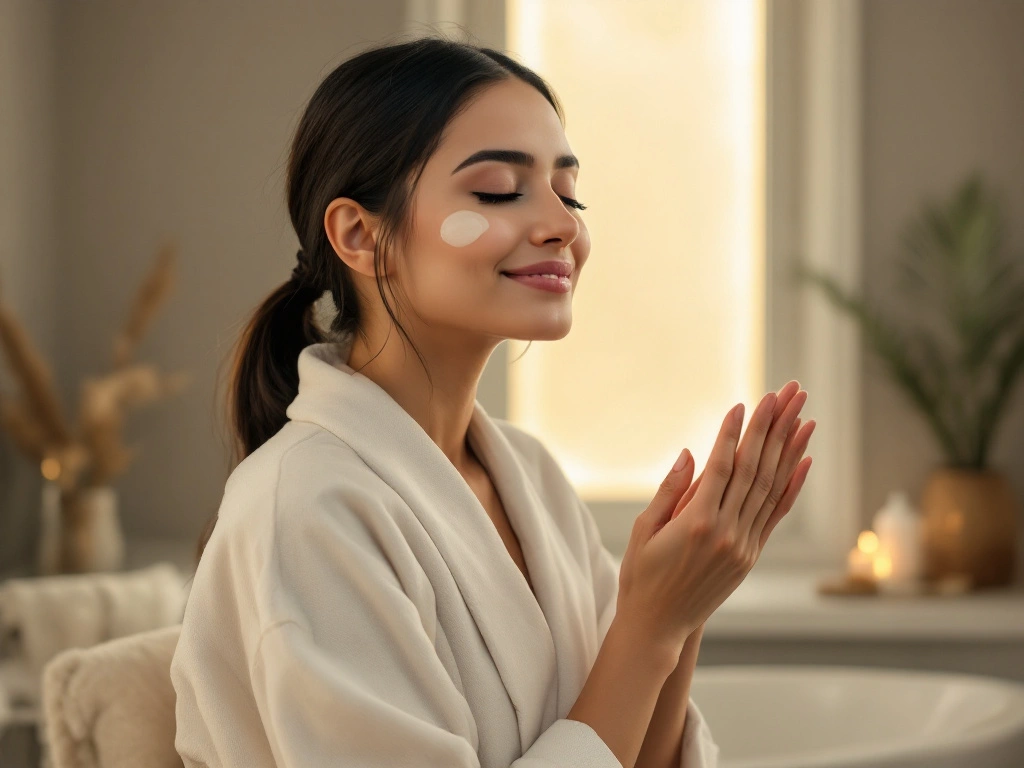The Beauty of Sleep: How Quality Rest Enhances Skin Radiance and Hair Health
Introduction
In today’s fast-paced world, sleep is often sacrificed in favor of productivity, social engagements, or late-night screen time. Yet, what many fail to realize is that sleep is not just a passive state of rest—it is a vital biological process that directly impacts physical health, mental clarity, and, importantly, beauty. The concept of “beauty sleep” is more than just a myth; it is a scientifically proven phenomenon. Poor sleep can lead to dull skin, dark circles, accelerated aging, and even hair loss, while consistent, high-quality rest can enhance your natural glow, strengthen hair follicles, and promote a youthful appearance.
This article explores the profound connection between sleep and beauty, detailing how sleep deprivation affects the skin and hair, the science behind nighttime repair, and practical tips to optimize your sleep for a healthier, more radiant appearance.
The Science Behind Sleep and Beauty
1. Cellular Repair and Regeneration
During deep sleep (particularly during the REM and slow-wave sleep stages), the body undergoes critical repair processes. The skin, being the largest organ, benefits significantly from this restoration phase. Key mechanisms include:
- Collagen Production: Sleep boosts collagen synthesis, a protein that maintains skin elasticity and prevents wrinkles.
- Increased Blood Flow: During rest, blood flow to the skin increases, delivering oxygen and nutrients that promote a healthy complexion.
- Toxin Removal: The lymphatic system works more efficiently at night, flushing out toxins that contribute to puffiness and breakouts.
A study published in Clinical and Experimental Dermatology found that poor sleepers had increased signs of aging, including fine lines, uneven pigmentation, and reduced skin elasticity.
2. The Impact of Sleep Deprivation on Skin
Lack of sleep triggers several adverse effects on the skin:
- Dark Circles and Puffiness: Sleep deprivation causes blood vessels under the eyes to dilate, leading to dark circles. Fluid retention also contributes to puffiness.
- Increased Cortisol Levels: Elevated stress hormones break down collagen and hyaluronic acid, accelerating wrinkles and sagging.
- Impaired Skin Barrier Function: Poor sleep weakens the skin’s ability to retain moisture, leading to dryness and irritation.
3. Sleep and Hair Health
Hair growth follows a cycle influenced by sleep:
- Anagen (Growth) Phase: Adequate sleep supports the release of growth hormones that stimulate hair follicles.
- Telogen (Resting/Shedding) Phase: Chronic stress from poor sleep can push more hair into this phase, leading to excessive shedding.
A 2020 study in Nature found that sleep deprivation disrupts the balance of melatonin and cortisol, both of which play a role in hair follicle health.
How to Optimize Sleep for Beauty Benefits
1. Establish a Consistent Sleep Schedule
Going to bed and waking up at the same time regulates your circadian rhythm, ensuring deeper, more restorative sleep.
2. Create a Nighttime Skincare Routine
- Cleanse Thoroughly: Remove makeup and pollutants to prevent clogged pores.
- Use Overnight Treatments: Retinoids, peptides, and hyaluronic acid work best when applied before sleep.
- Hydrate: A nourishing night cream locks in moisture.
3. Improve Sleep Environment
- Darkness: Use blackout curtains to enhance melatonin production.
- Cool Temperature: 60-67°F (15-19°C) is ideal for optimal sleep.
- Silence: White noise machines can mask disruptive sounds.
4. Avoid Sleep Disruptors
- Blue Light: Limit screen time an hour before bed.
- Caffeine and Heavy Meals: Avoid stimulants and large dinners close to bedtime.
5. Incorporate Relaxation Techniques
- Meditation or Deep Breathing: Reduces cortisol levels.
- Warm Bath or Tea: Promotes relaxation.
Conclusion: Embrace Sleep for Lasting Beauty
Sleep is a cornerstone of beauty—more effective than any high-end skincare product or salon treatment. By prioritizing rest, you allow your body to repair, rejuvenate, and maintain a youthful, glowing appearance. The evidence is clear: those who sleep well enjoy healthier skin, stronger hair, and a more vibrant look.
For those struggling with sleep, small adjustments—like a consistent bedtime, a calming pre-sleep ritual, and a skin-friendly diet—can make a significant difference. Remember, true beauty isn’t just about what you apply on the outside; it’s about nurturing your body from within. So tonight, give yourself the gift of deep, restorative sleep—and wake up to a more radiant you.
This comprehensive guide provides actionable insights into the powerful relationship between sleep and beauty, ensuring readers understand the science and practical steps to enhance their natural glow. Would you like any refinements or additional sections?









Add comment